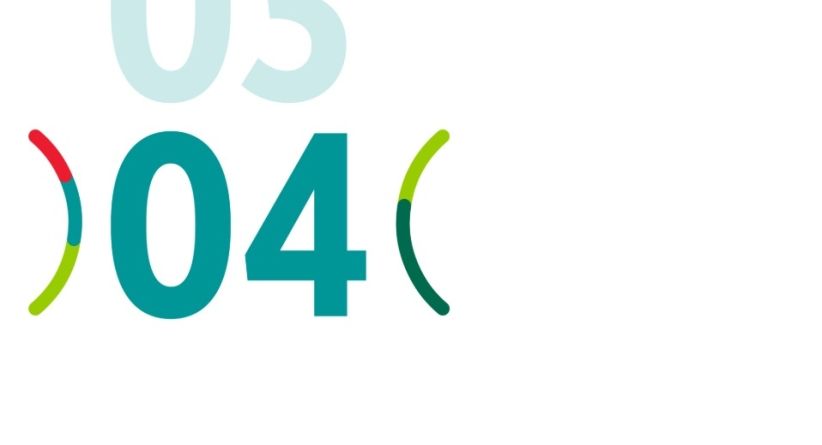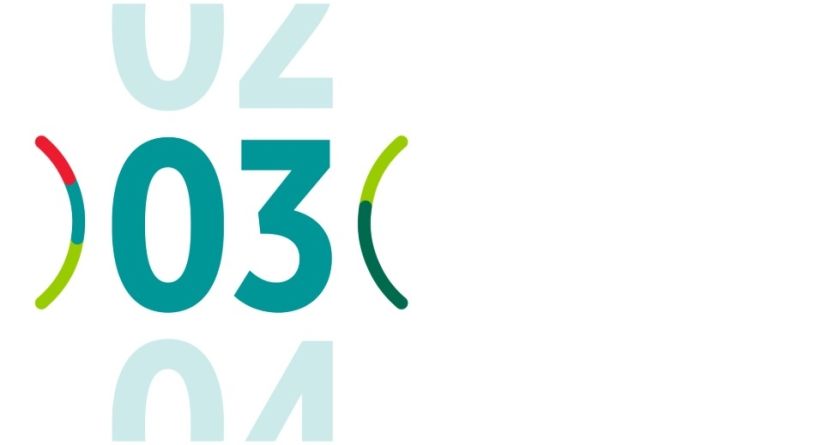
Market economy, crisis economy, war economy
The war in Ukraine drawn the curtain on three decades of apparent disconnect between geopolitical risk and the macroeconomic scenario, at least as interpreted by most economists. These has far-reaching implications not only for the scenario itself but also for European policy and institutions.
The era of the market economy and the primacy of the economic cycle
Ever since German reunification, the launch of the Economic and Monetary Union and the end of the 1992 and 1995 currency crises, the European economy has been living in a bubble. This bubble, created by the convergence between financing conditions and income in Europe against the backdrop of the Great Moderation, has for years slowed the perception of the effects of geopolitical shocks. Such shocks have occurred over the decades but have been interpreted through a risk-on/risk-off lens as temporary risks to the cycle with no effect on the long-term growth trajectory.
Globalisation, with its much-vaunted benefits, seemed to bring its share of prosperity and stability, requiring only that states properly adapt to the “social and market economy” model established by the Treaty of Lisbon as one of the key objectives of the European Union (EU). Starting from the highly geopolitical initial project of the European Coal and Steel Community (ECSC), the EU went on to assert itself as a model of the rule of law, guaranteeing the protection of fundamental rights and the defence of freedom of competition within the single market, with less room left for public policy. The principles underpinning this model are a perfectly functioning price system, open markets, respect for private property, contractual freedom and responsibility, the primacy of monetary policy and the stability of economic policy. The model also called for regulatory principles to remedy supply anomalies – limiting monopolies, concentration and rent-seeking and correcting for negative externalities – but these have been operationalised to varying degrees.
Yet, even as long ago as 2008, the great economic and financial crisis revealed the existence of a (geo)political supercycle, the primary symptom of which was the weakening of a US hegemonic power that was no longer able to take full advantage of the global order it had helped create and, with widening inequality undermining the social fabric, could no longer deliver on its promise of prosperity for all. But most analysts interpreted the crisis from within a purely cyclical paradigm, concluding that it was nothing more than a crisis of accumulation largely attributable to a failure of regulation or supervision. Yet the crisis showed that, even in Europe, the promise of prosperity was not without its flaws, with the process of real convergence grinding to a halt, greater polarisation of jobs and income and difficulties maintaining the social contract forged in the aftermath of the Second World War. In other words, Europe was not insulated from the tectonic shifts that were rocking the world.
The arrival in power of Donald Trump certainly reminded the world that the global order could quickly be overturned if one or more parties withdrew from multilateral bodies governing trade or even defence. Here again, though, most economists tended to take a very limited view of the problem, focusing on the costs of tariff barriers without drawing the real conclusions of these profound upheavals. Not until a new European Commission was installed were the real lessons learned, with discussions turning to strategic autonomy and efforts made to draw a new technological frontier for the EU in the form of the green economy. But the task of defining these new priorities was once again approached in the usual way, with the EU exercising its normative power, whereas it should have been able to rely on the size of its market to impose itself elsewhere.
The crisis economy and the return of regulation
It was no doubt naive not to realise that competing autocratic systems could use the long arm of the state to exercise their power. The real wake-up call for Europe came from Germany which, on seeing the threat of its flagship tech companies being bought up by Chinese firms, convinced the EU to begin to tweak its self-regulating open market approach by introducing a policy of supervising foreign direct investment.
Covid further accelerated this awakening, with Europe finally agreeing to arm itself with a powerful policy of public investment and consenting to make some initial changes to the elements regulating the social market economy:
- The role of the state as insurer of last resort was cemented, as was that of more active fiscal policy as a stabilising agent.
- It became necessary to temporarily ease the regulatory framework: competition policy (state aid), fiscal policy (the Stability and Growth Pact), macro- and microprudential policy and monetary policy flexibility.
The result is a crisis economy which, if it has not changed the founding elements of the social market economy, has at the very least changed its regulating elements. And this affects the amplitude of the cycle, the economy’s resilience and ability to bounce back, the persistence of the shock and its impact on potential growth, and the interaction between fiscal and monetary policy: all the factors that together determine a macroeconomic scenario.
The strategic shift to a war economy
The European economy must now move on to the next stage: from crisis economy to war economy. It is important to be clear about what this means. As well as the obvious need to quantify the cost of sanctions and the impact of inflation and value chain disruption, we must not forget the deeper and longer-lasting changes this entails. These include an even bigger role for the state (at all levels, national and European) in redefining the overall economic balance of funding and expenditure, with major changes to supply strategies and, in the shorter term, the potential for price-setting policies and even rationing. Even though these regulating factors were put in place to help address potential supply problems, this is a turning point for our social market economies. This also foreshadows a bigger role for public spending in the short-to-medium term to protect consumer purchasing power, particularly for the most vulnerable, but also to support and redirect investment into strategic sectors, including in particular defence. Choices are going to have to be made: future generations cannot be made to shoulder the entire burden by being saddled with yet more debt. There will be choices between types of spending, but more than that between the economic agents that will share the costs of these policies.
The state is extending its reach not only nationally but also at the European level. The idea of strategic autonomy is gaining traction. The EU’s energy policy and defence policy are emerging from their infancy. This strengthening will require industrial, trade and competition policy to be harmonised so they can serve strategic goals unhindered. The question of financing will also be central: should this new spending be financed by debt or from the EU’s additional own funds?
In the end, this is not about calling into question the status of the open market economy; it is about redeploying existing economic policy instruments and creating new ones to achieve new strategic goals.






